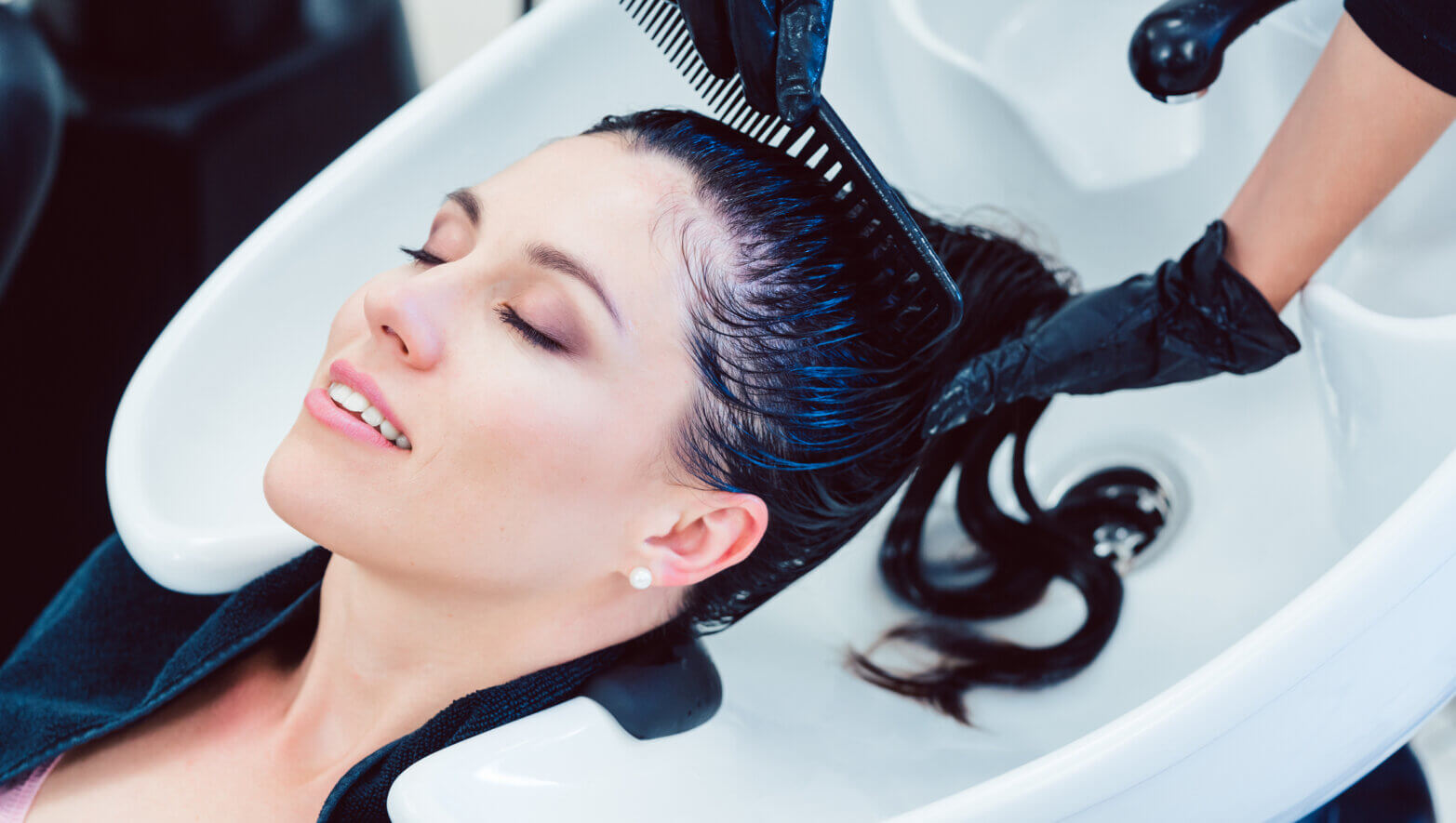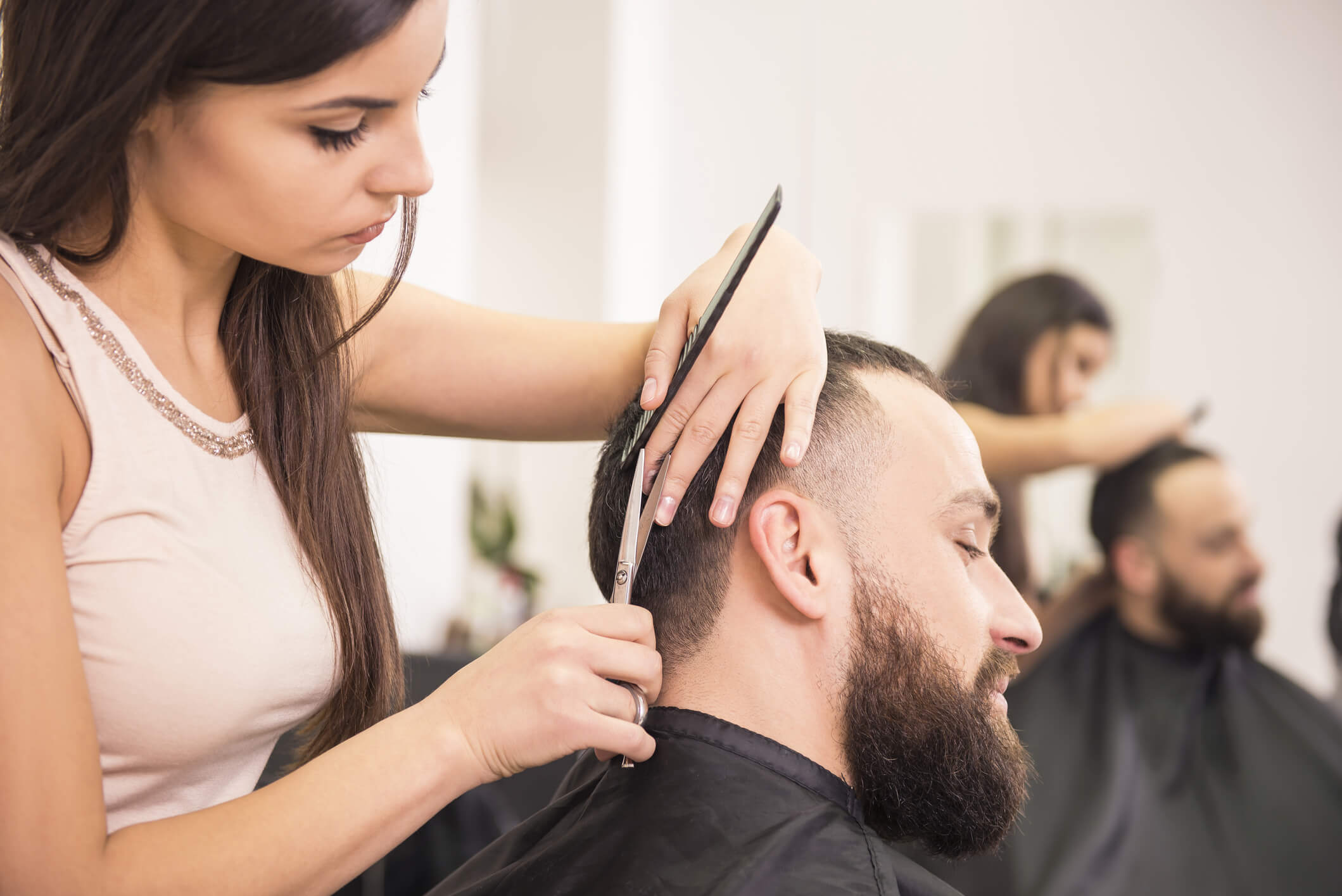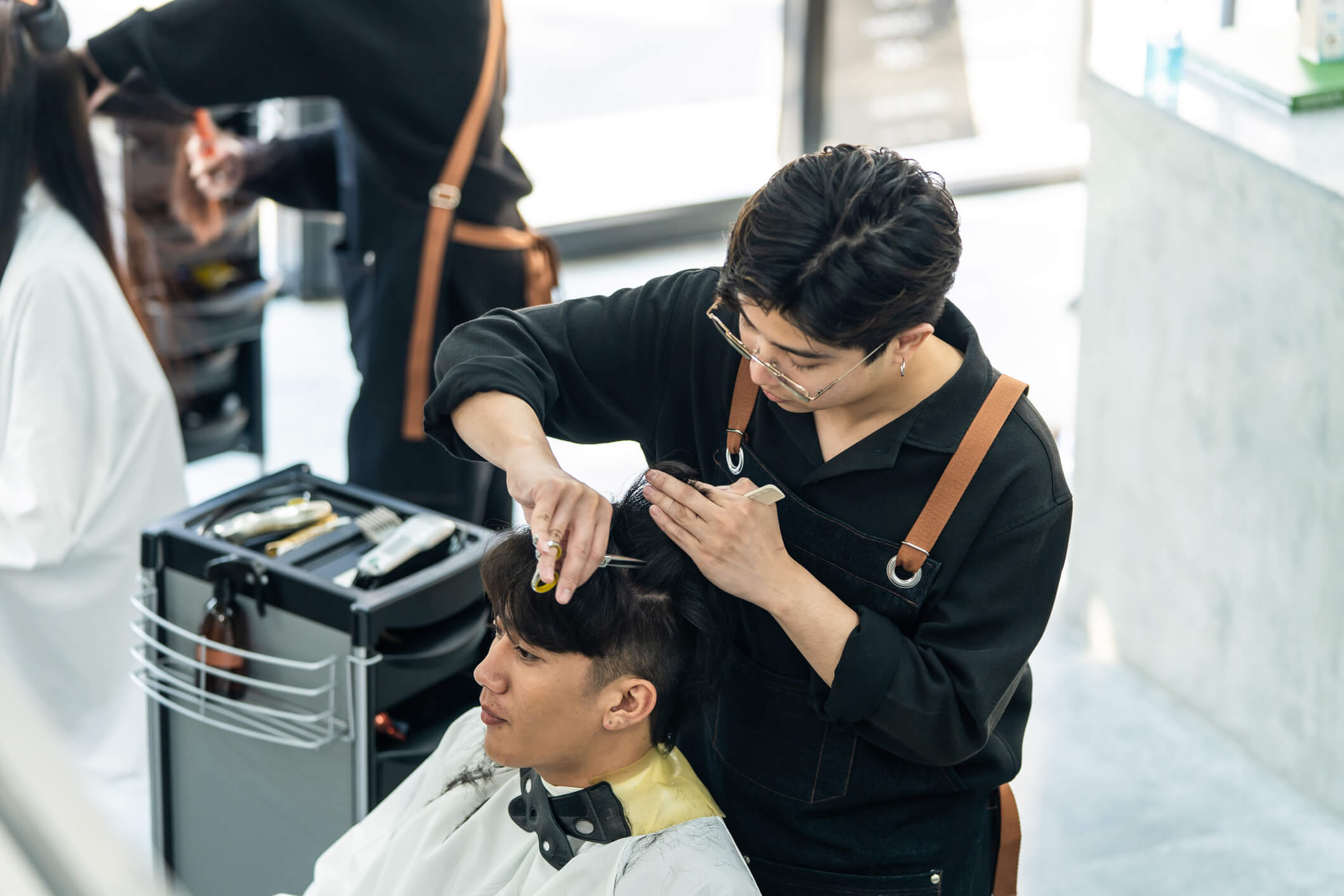8 Must-Have Salon Policies and Procedures for Employees

Are you a salon owner looking for ways to optimize the flow of your salon and handle the busiest days with ease? Look no further than this article! At SALONORY, we are committed to delivering insights made for salon owners and hairstyling professionals about running their businesses and improving their services.
When it comes to running a salon and making sure it operates smoothly, it’s essential to have salon policies and procedures for your employees. Whether you’re struggling with creating structure among your employees or you are drafting up a new policy for your people, you have come to the right place. Here, we will show you the best policies to have in place that will give your salon structure while preventing you from being a micromanager.
Why Are Salon Policies and Procedures Helpful?
Many stylists are looking for new salons to work at because they are looking for a change or they are trying to find a better place that fits their personality. Salon procedures can help you create a positive environment to attract new stylists while also keeping your business running smoothly. Here are some additional reasons why we think policies and procedures are essential.
- Keeps the Business Running – Good policies and procedures allow your business to run. When you need new supplies and you have a policy that an employee visits a salon supply store on a regular basis, you will ensure that your stylists never go without the products they need. And these policies can be applied throughout the business.
- Sets Expectations for Employees – Your employees need some predictability, especially regarding how your salon is run.
- Avoid Scheduling Conflicts – Policies around employees showing up and calling off work can help you maintain a consistent schedule.

Must-Have Salon Policies and Procedures for Employees
Now that you understand why these policies and procedures are necessary to run a salon optimally, let’s look into specific policies you could implement.
- Cancellation Policy – Aside from having policies and procedures for your people, it’s also essential to set policies for your clients. For example, having a salon cancellation policy can help you with scheduling conflicts and missing out on revenue from canceled appointments.
- Attendance Policy for Stylists and Front of Salon Staff – It is critical that your employees adhere to attendance, tardiness or sick policy to ensure your clients are always taken care of. Having attendance policies keeps stylists committed and keeps your salon running smoothly.
- Payment and Gratuity Policies – Does your salon accept cash? Do you require clients to put down a deposit for their appointment? Is your staff allowed to accept tips? Having your payment policies outlined for customers can help streamline payment and expectations while avoiding any payment snafus that may set you and your stylists back.
- Inventory Refill Procedures – Hair salons go through lots of products every day, but they are always well stocked so that stylists aren’t running out of products mid-visit. For your salon to be streamlined this way, you will need to regularly assign inventory duties to your staff. When product levels dip below a certain level, that’s when employees will place new orders.
- Replacing Outdated Equipment – Similar to inventory, you will need to evaluate salon equipment and tools often to ensure you stay current with tech and replace old equipment and tools that no longer serve your stylists or clients. Stylists using professional salon tools will need to keep an eye out for aged equipment and tools and report to you when new tools are needed.

- Privacy Policies – From your website down to your payment system, you will need to ensure that your salon has privacy policies to protect your clients’ information. Most scheduling and emailing software come with opt-in policies for your clients, but you may need to craft your own for your website.
- Closing Policy – For the staff and people who close down the salon, there should be a cleaning procedure that is done each night. Staff should clean all used towels, prepare them for the next day and sanitize the salon and high-touch surfaces. Starting the day off with a clean and organized salon sets your staff up for success.
- Marketing Policies – How does your salon speak through its marketing materials and practices? It’s important to have a marketing policy and tone procedures to ensure that your marketing is consistent and practical.
Which policies will you be implementing at your salon today?




